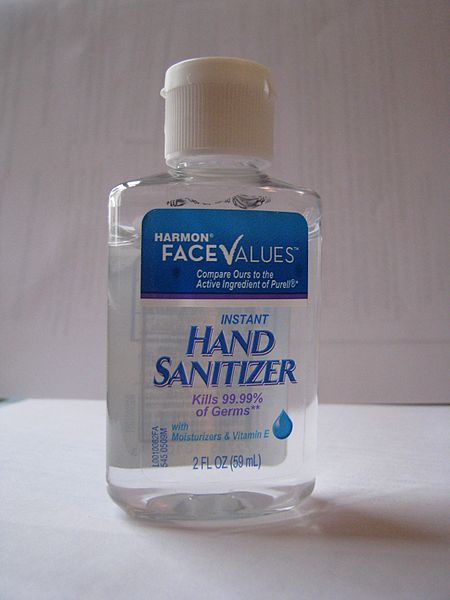
Hand sanitizer may seem a bit like a craze. Everyone has a bottle somewhere, and it seems like lots of places have adopted hand sanitizer in lieu of actual soap and water. This may leave you wondering, how effective is hand sanitizer? Is it more effective than soap and water at killing germs?
Let’s look at some of the numbers. Studies have shown that hand sanitizer with an alcohol concentration between 60-95% are more effective than hand sanitizers that have less or are non-alcohol based. Non-alcohol based hand sanitizer may not work well on certain types of germs, either. Hand sanitizer can remove some microbes, but they simply do not eliminate all types of germs.
Hand sanitizer does not work on visibly dirty or greasy hands. It will also not remove chemicals, pesticides, or heavy metals from hands.
A big risk with some hand sanitizers is that there is the potential for additional bacteria growth, especially with non-alcohol based hand sanitizers. Using hand sanitizer too liberally can also cause some germs to grow up a “resistance” to the sanitizer, making it less effective.
The big thing to take away from all this information is that hand sanitizer is not a replacement for hand washing. Hand washing is a tried and true method of cleaning your hands. It has been found in studies that facilities that favor hand sanitizing over hand washing have had more frequent outbreaks of norovirus-related illnesses. Hand sanitizing should not replace regular cleaning procedures, including disinfecting, wiping down surfaces, and other cleaning methods. Hand sanitizing can prevent the outbreak of other viral and bacterial infections, however.
When used in tandem, hand sanitizing and regular hand washing can go a long way. Sanitizing your hands after touching someone or something that may have bacteria or germs can help you to not spread some of the microbes to other surfaces, but if you know you’ve shaken hands with a sick person, it may be more helpful to head to the sink to wash your hands.



2 Replies to “Is hand sanitizer effective?”
Comments are closed.